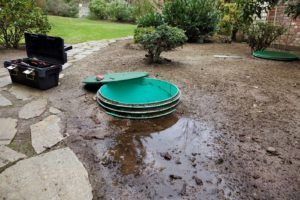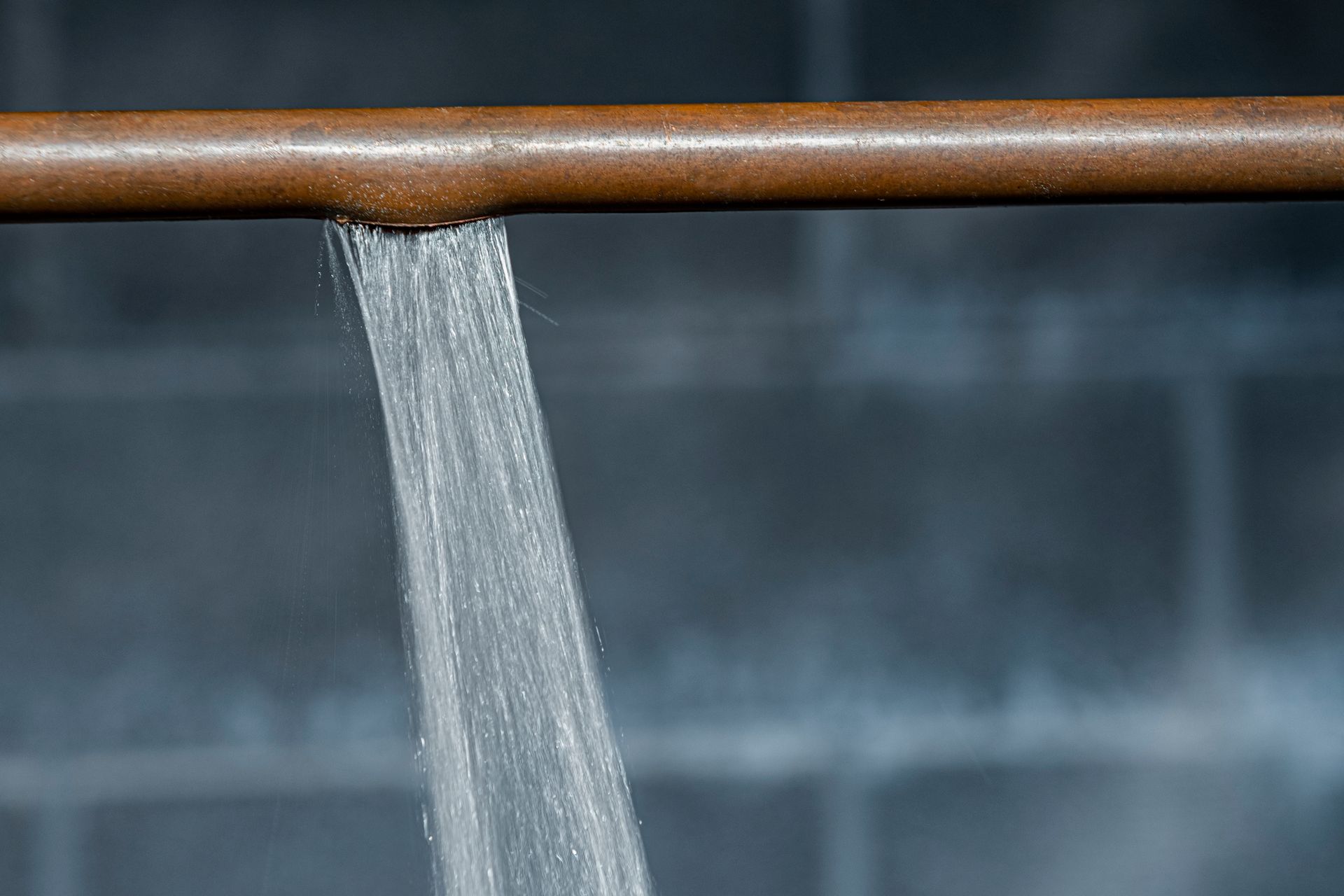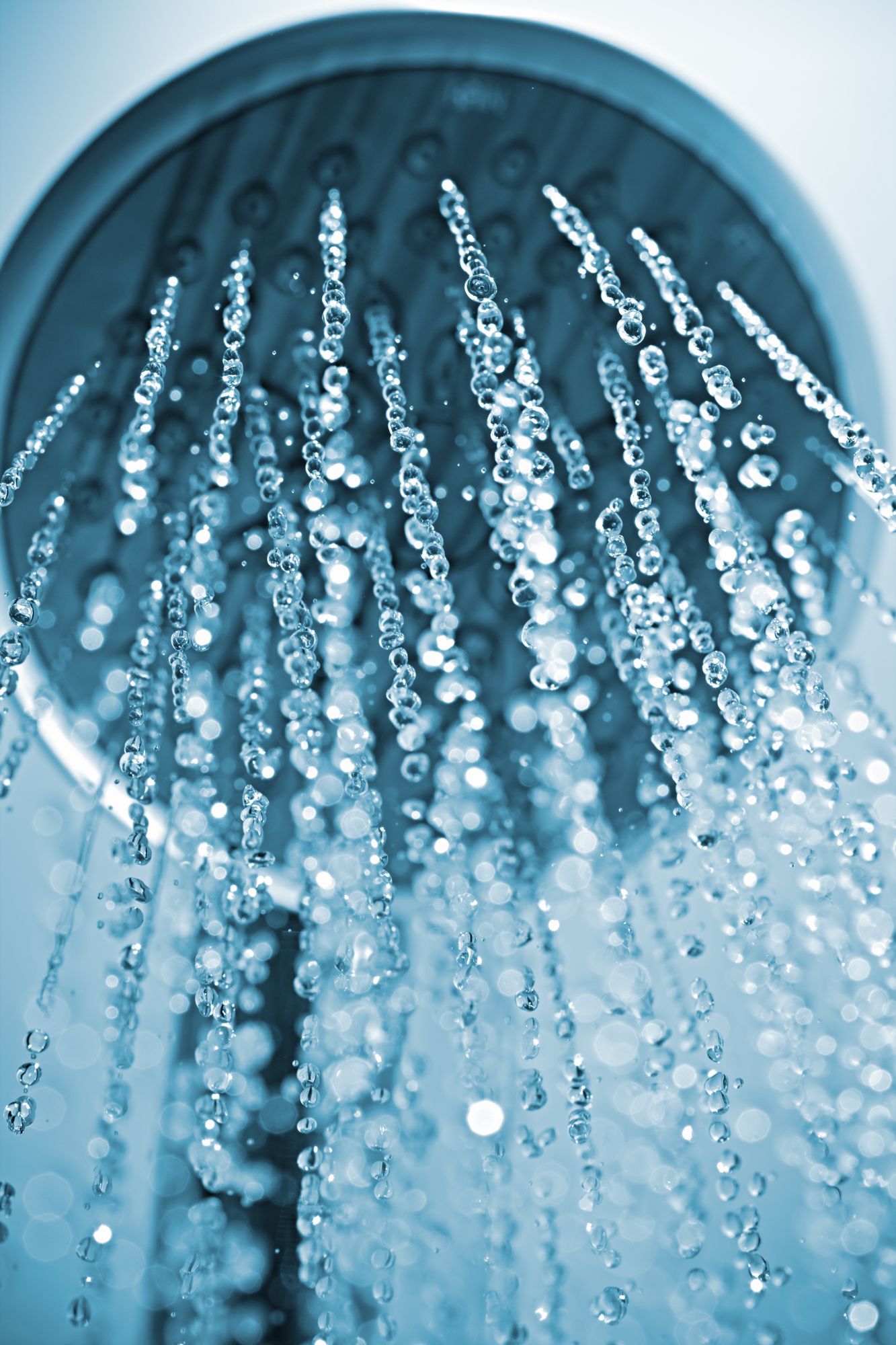5 Reasons Why Septic Drain Lines Fail

Waste drain lines and septic lines under your home and under the soil can collapse, develop pinholes, or crack. When waste and drainage lines are damaged in the above ways, the septic lines can eventually fail and cause your septic system to stop working. Here are five reasons why waste and drain lines stop working.
-
Fitting Failures
A connected line of pipes is only as strong as its weakest fitting. Pipe fittings are the connectors that secure one pipe to the next in a wastewater or septic drain line. Fittings also connect pipes to inlets and outlets on septic tanks and other plumbing fixtures.
Wastewater and septic-line fittings can fail under your home and/or underground for a variety of reasons. Common issues with waste and drain line fittings include:
- Improper glue or adhesive
- Wrong-size fitting
- Physical force on pipes near fittings
- High water pressure
- Mud, clogs, or debris in pipes
In crawl spaces and basements, waste pipes can receive damage from rodents and small animals that climb or crawl on or under the pipes. Subsequently, any misaligned or bent pipes can become loose at the fittings.
If your property floods, your septic tank or septic lines may have slightly shifted in the ground because of floodwaters and/or mud. Any flood-related movements of drain lines or septic tanks can cause fittings to disconnect.
-
Stony Soil
When preparing soil for a septic system, contractors must ensure the ground is safe for the septic drain lines. If the soil where drain lines will go is very rocky or full of construction debris like concrete chunks, a quality contractor pulverizes the soil or otherwise provides a safe bed of sand or gravel for the drain lines.
The drain lines must also go deep enough to be freeze-proof. If the soil is not properly prepared around and over the septic drain lines, a number of problems can develop.
Common issues with poorly prepared septic-line beds include:
- Collapse of pipes from heavy debris
- Penetration or puncture of pipe by rocks and debris
- Deterioration of pipes from freeze-thaw cycles that shift soil
When installing a new or replacement septic system, call an experienced and licensed plumber, contractor, or septic-system expert to prepare the site for your septic drainage lines.
-
Car-Related Compression
Cars and other heavy vehicles can cause the collapse of underground septic lines. When designing a new septic-line system, you or your contractor should avoid running septic lines under driveways and other areas where people may be tempted to drive.
Operators of heavy trucks or machinery on your property, including tree-service or cable company employees, should keep their heavy vehicles off your septic system area and leach field to avoid damage to septic lines and your septic tank.
-
Forest Feeding
Trees that grow over and around your septic system are also growing prolifically under the ground that holds the pipes and septic tank. Woodland plants like trees and shrubs will eventually develop roots that surround the tank and pipes in your septic field.
Additionally, the forest trees and shrubs grow tiny feeder roots underground that extend and probe the soil for moisture and nutrients. If a feeder root finds a tiny pinhole or crack in your septic pipes, guess where the tree will tap into a new source of moisture and food?
Tree roots that invade septic pipes soon expand and can fill the entire septic line. You may never notice a thing until the septic line pipe is completely blocked or cracked by the expanding roots.
Whenever possible, only grow grass above your septic tank and leach field. The grass roots won’t grow too deep to affect your septic system’s lines. (Never grow veggies or edible plants over the septic field due to the possibility of bacterial contamination.)
-
Doomed Design
If an amateur designed your septic system, or the drainage around your septic field has changed because of adjacent development, your pipes may not be large enough or oriented in the right ways to drain properly.
A too-small septic distribution point may collapse or clog easily and cause your system to fail. A poorly oriented septic field can contaminate nearby wells or cause other drainage issues on your property. Homeowners can be unaware of underground issues with their drainpipe sizes or orientation.
When springtime snow melts and rains arrive, many homeowners suddenly realize that their septic systems don’t work properly. Toilets and drains are slow for no apparent reason, and persistent rotten-egg odors are in their homes and around their septic fields.
Springtime is the ideal time to inspect and power rod your septic lines with the pros to discover any problems and thoroughly clear the septic lines. During a septic-line inspection, your plumbing professional can discover if the drain lines are too small or if any of the above conditions need addressing.
When the septic system causes slow drainage in your suburban Chicago home , contact Jim Dhamer Plumbing and Sewer, Inc., right away to schedule a septic drain line evaluation. Our power-rodding services break tangled tree roots and persistent grease clogs into tiny bits inside your septic lines so everything flows smoothly again in your Illinois home.
The post 5 Reasons Why Septic Drain Lines Fail appeared first on .
Leave A Reply
More Posts









